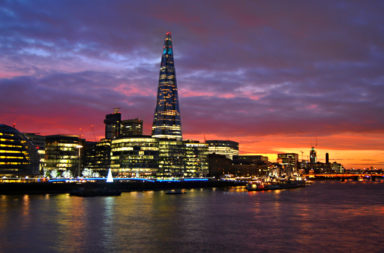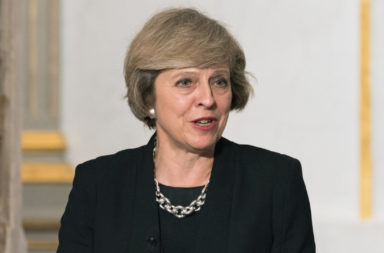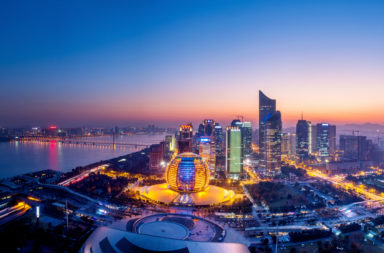Before 2007, the world economy was generating exponential growth.
- Consumer and investment confidence was high.
- Nations competed in foreign trade.
- Cooperation between nations was blossoming.
- Integration was moving forward.
- New wealth was generated.
- People around the world had high hopes for the future. In short, life was good.
After the global financial crisis we have seen the world going from crisis to crisis. The European debt crisis; the Arab Spring; Ukrainian crisis; Syrian civil war; the European migrant crisis; the United Kingdom’s prospective withdrawal from the European Union; the US pulled out of the TPP and TTIP; BRIC (Brazil, Russia, India, China) countries have lost their growth momentum; the rise of ISIS; China’s weakening economic prospects.
Is this the crisis of globalization as we know it?
It is actually the opposite.
- After the financial crisis the world has gone backwards by leaving globalisation behind.
- Global businesses are more cautious; as an example, global banks are loaning less for international clients.
- There are only two areas where we have seen growth: in the amount of flying passengers and in the use of digital data.
- There is even a lower amount of migrants than before the financial crisis.
- You might have thought otherwise because populists are scaremongering that there is some sort of an immigrant invasion going on. There is no such thing.
The world has gone inwards, and this is the reason why we see less growth, and thus more problems. We have now less freedoms in the world according to Freedom House.
The decline of globalisation means that some countries have higher unemployment numbers. Therefore, they face extreme challenges to keep public services on the same level. Some countries are more and more in debt. Businesses are failing and some businesses are generating less revenues.
Brexit as a bad example
The United Kingdom is still a member of the EU, and its foreign trade is going strong because of a weaker currency. Therefore, stories, “we are doing fine after Brexit”, are pure nonsense. Brexit can turnout to be one of the most disastrous examples of globalisation by going inwards.
Then Prime Minister David Cameron played at high stakes with the membership referendum, and his defeat was a bitter one, causing him to resign. Cameron’s successor Prime Minister Theresa May calls out for a hard Brexit, which can damage the UK economy in a very harsh way. The European Union’s 60 billion pounds sterling Brexit bill is just a start. Al tough, it has been said that the UK does not have to pay the bill.
Therefore, former Prime Ministers John Major and Tony Blair have decided to break their silence because they see dangers concerning Brexit. There is a desire in the UK to negotiate a Norway-like arrangement with the EU. The only problem is that Norway abides by most of the EU rules but it does not have any power to influence. In this case, Brexit means that the UK would be out of the EU and without a voice, while having to comply with regulations anyway.
It is important for the UK to cooperate with the EU because it is the world’s largest economy and a single market. The City of London has benefited tremendously from EU membership but now it has dark clouds over it. The UK’s economy has also benefited from immigration, from workers to world class experts, flattening out an ageing nation. Actually, the UK needs more immigrants in order to keep its economy competitive.
If the UK truly wants to have a hard Brexit, this would mean less trade, less jobs, less tax revenue, less public services, less businesses, less hopes for a better future.
More isolationist policies, which can not generate more wealth. However, there is a vision that the UK could go rogue, and become the Singapore or the Dubai of Europe. These are open nations, and this would mean the UK would need to be even more open.
There is also another dilemma for the UK; the EU received a wake up call because of Brexit, and it has introduced a white paper that embraces reforms. If the EU succeeds with reforms and creates the EU 3.0. and the UK goes isolated, the UK will have made a major mistake.
We need more globalisation
The global economy is not a whole.
Dubai, Singapore and others have succeeded well after the financial crisis. These countries have embraced globalisation, hence, they have not gone inwards. Living standards are increasing and prosperity has risen. These countries are like safe havens.
Some globalization critics draw a line between the increase of terrorism.
The rise of terrorism is usually domestic, homegrown. It is rarely exported. If nations have problems with terrorism or they might believe that something bad will happen in the future. Then they have to tackle terrorism more fiercely. They should not tackle terrorism by going against globalisation because this will just hurt their economies, and actually increase the threat of terrorism by increasing domestic social challenges.
If we want to have the same parties back, like in 2006, the world should enhance globalization.





